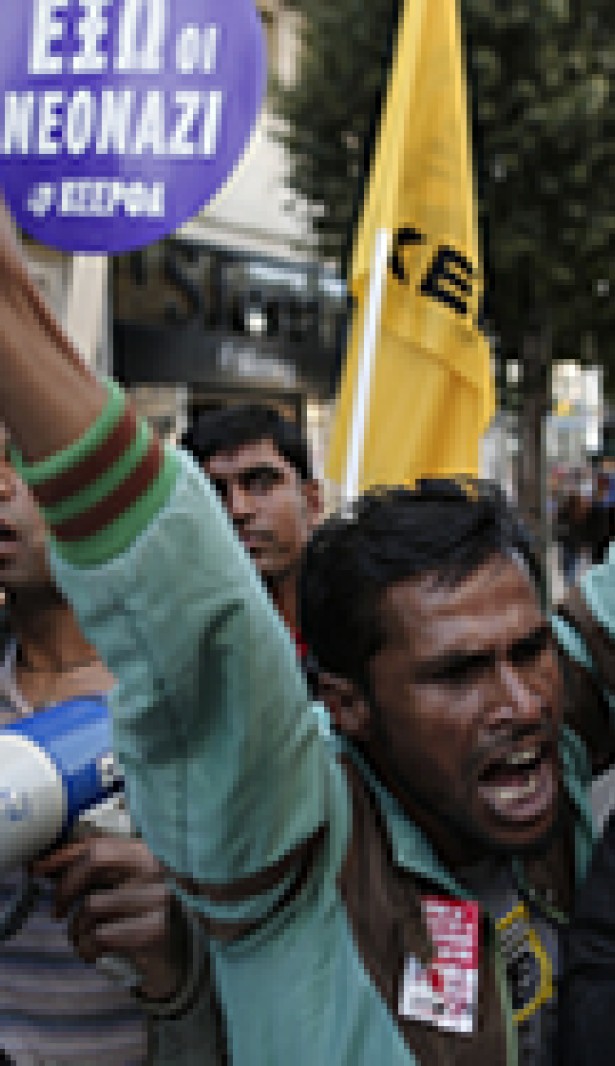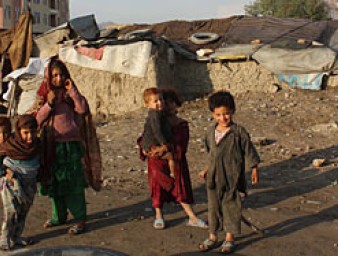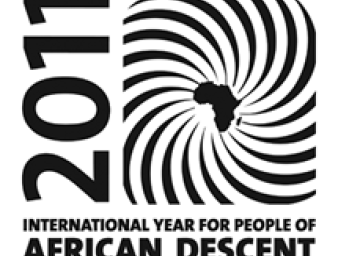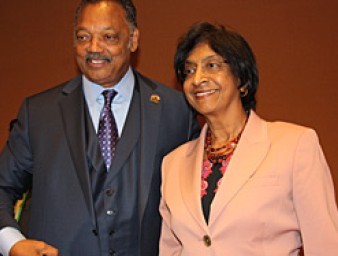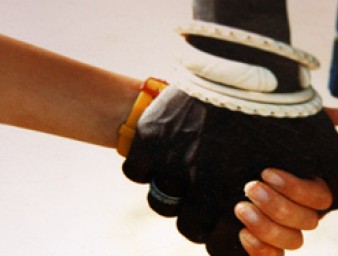Strong leadership needed to combat racial discrimination
28 March 2014
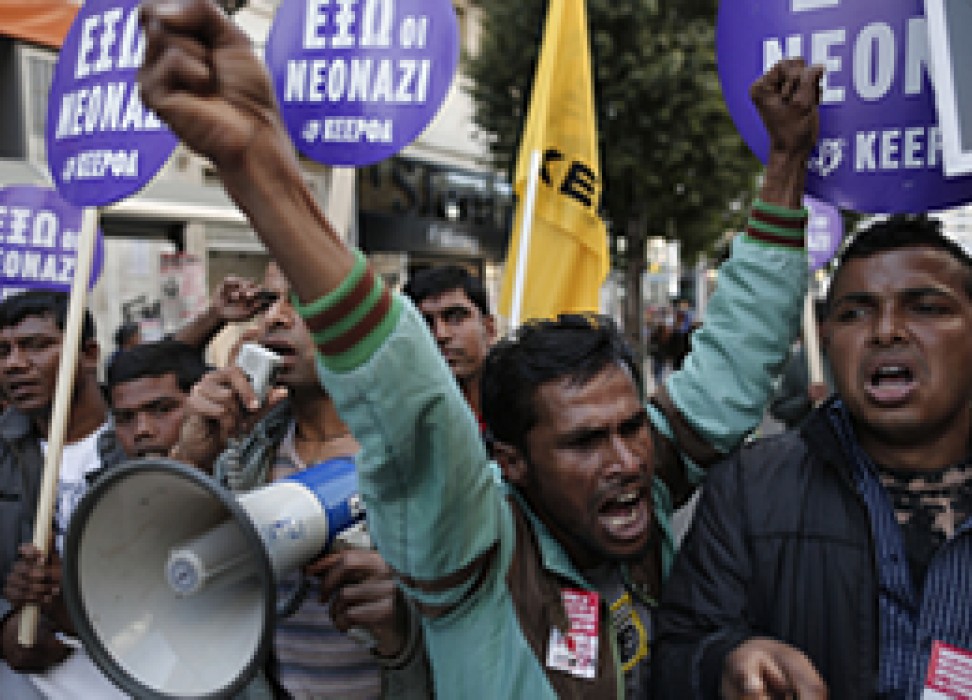
“In many countries, hate speech, and violent attacks motivated by perceived race or ethnicity, are on the rise,” said UN Human Rights Chief Navi Pillay, during a discussion to commemorate the International Day for the Elimination of Racial Discrimination.
The day was established in remembrance of the 69 unarmed and peaceful South African protestors who were killed in Sharpeville, South Africa on 21 March 1960—an event which inspired people around the world to act to end the racist apartheid regime.
Although in the last five decades since Sharpeville, apartheid was vanquished and racism has significantly retreated world-wide, discrimination regarding jobs, housing and other fundamental topics is still pervasive, said Pillay.
“What is astonishing to me is that in Europe, there is a belief that racism does not exist anymore—as if it is an illness and we found the cure,” said Emine Bozkurt, a member of the European Parliament’s Committee on Civil Liberties, and Justice and Home Affairs.
"In my opinion, racism and racial discrimination are very much present across Europe,” she said.
Just because the world has seen leaders, such as US President Obama and Nelson Mandela, it doesn’t mean that the fight to end racism is over, Bozkurt said to the participants comprising of representatives of countries, NGOs, international organizations and national human rights institutions.
Bozkurt highlighted the social and economic implications of racism, stating that unemployment of young people of non-European background is 30 per cent compared to 10 per cent for white Dutch youth in the Netherlands. In the field of justice, she said that research shows that sentences are higher, depending on your ethnic background.
George Bizos, Mandela’s lawyer who represented anti-apartheid leaders in the 1960s gave an example from his native country, Greece: on the 25 March it is customary to celebrate the freedom from the Ottoman Empire. All schools march with the Greek flag being held by the best student in the top class, he said.
On one occasion, a teacher handed over the flag to a bright, young girl. Soon after, the mayor and the priest of the village said that because the girl is of Albanian origin, she could not carry the Greek flag on this national day. The girl handed over the Greek flag in tears.
"We all have laws but we actually need people to see to it—that they are obeyed—and I would suggest that it is one of the ways that will prevent these sorts of happenings," Bizos said.
In her remarks, High Commissioner Pillay highlighted the many law-enforcement officials often seem indifferent to these crimes and some political leaders use migrants and people from different ethnic groups as a “smokescreen to deflect criticism—holding them up as scapegoats to boost their own popularity”.
“True leaders employ the power of their standing in society to advocate a long-term vision of racial equality and social justice—they integrate, inspire, and mobilize others to bring a common aspiration to life,” she said.
The importance of a globally coordinated anti-racism campaign focused on young people was also highlighted by the South African anti-apartheid leader, Ahmed Kathrada, who was imprisoned for 26-years alongside Mandela. “Would we not be getting better long term results if we were able to also include schools across the world on the question of non-racialism?” he asked.
This year’s discussion, which was organized by the UN Human Rights Office, in collaboration with the Sexwale Family Foundation, highlighted the role of leaders in mobilizing political will for combatting racism and racial discrimination.
The panel discussion was preceded, a day earlier, by the screening of a film, on the life of late South African icon, titled "Mandela: Long walk to Freedom." The film, produced by one of the panellists , Anant Singh, depicted Mandela's life journey from his childhood through trial for treason, imprisonment, and release to his inauguration as the first democratically elected president of South Africa.
28 March 2014
